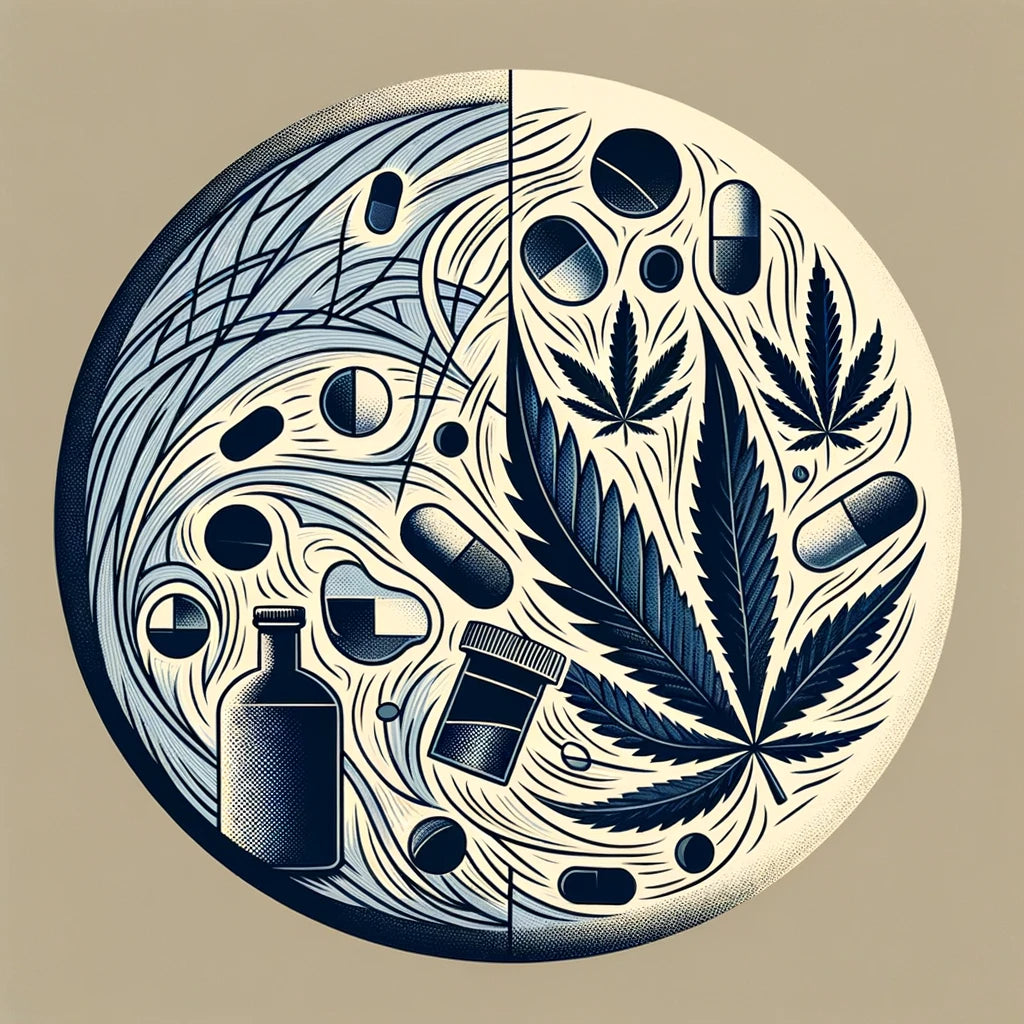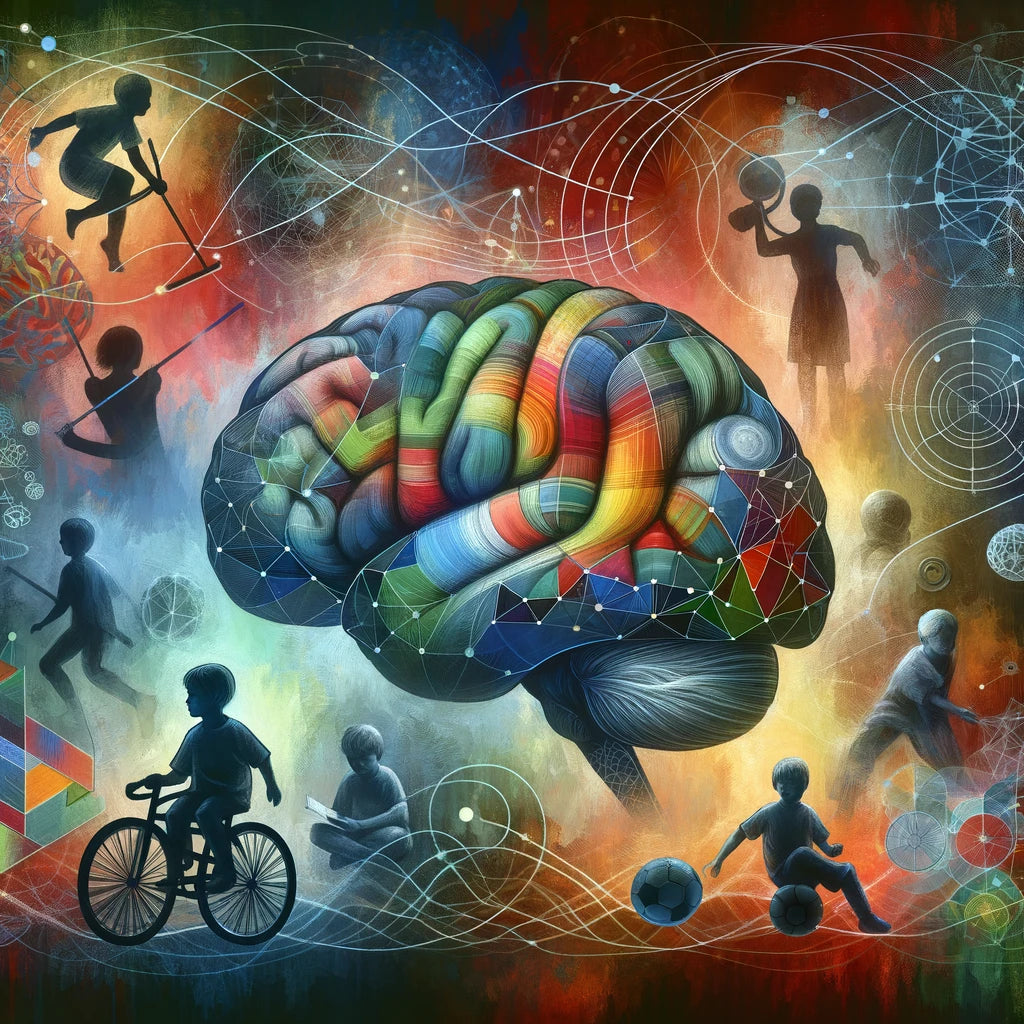ADHD and the SUD Connection: A Sobering Reality Check
Here’s a jaw-dropper: 50% of adults aged 20-39 with ADHD have battled a substance use disorder (SUD). Think about it – that's half the crowd! Compare that to their peers without ADHD, where the number's more like one in four.
The Big Three: Alcohol, Cannabis, and Other Drugs
Let’s break it down. For young adults with ADHD, alcohol use disorder is the top contender, followed by cannabis and other drugs. The twist? More than a quarter of these individuals are also dealing with major depression.
University of Toronto Sheds Light on the ADHD-SUD Link
This isn't just a small-scale observation. We're talking about research from the University of Toronto, folks. They found that even after factoring in life’s curveballs – like income, race, and childhood adversity – young adults with ADHD are still 69% more likely to have had a substance use disorder. That's a significant number, no matter how you slice it.
Depression: The Silent Partner in the ADHD-SUD Dynamic
Here's a kicker: 27% of those with ADHD also have a history of depression, way more than those without ADHD. Professor Esme Fuller-Thomson from the University of Toronto points out the need to address this. Why? Because untreated depression and anxiety might lead to self-medication, spiraling into greater substance use.
Childhood Adversities: A Shadow Overcoming ADHD
It gets more intense. Over a third of these young adults have faced physical abuse, and 11% have suffered sexual abuse before they even hit 16. This correlation between childhood trauma and later substance dependence is something we can't ignore.
Alcohol Takes the Lead, But Cannabis and Illicit Drugs Follow Close Behind
Among these young adults with ADHD, 36% struggle with alcohol use disorders. Cannabis comes in at 23%. And here’s a shocker – they’re three times more likely to fall into illicit drug use compared to their non-ADHD peers.
The Accelerated Gateway Hypothesis: A Fast-Track to Riskier Substance Use
Senyo Agbeyaka, another brain behind the study, brings up the “accelerated gateway hypothesis.” It suggests that individuals with ADHD might start using substances earlier, leading to riskier behaviors and more severe problems as adults.
The Canadian Community Health Survey-Mental Health: Where the Data Comes From
This isn't just speculation – the data comes from the Canadian Community Health Survey-Mental Health, representing hundreds of young adults with ADHD.
A Call to Action: Prevention, Treatment, and Mental Health Support
The bottom line? Young adults with ADHD are walking a tightrope. There's a pressing need for targeted prevention and treatment programs, not just for substance use issues, but also for promoting overall mental health and addressing the ghosts of childhood adversities. It's a call to action we can't afford to ignore.






Leave a comment
This site is protected by hCaptcha and the hCaptcha Privacy Policy and Terms of Service apply.